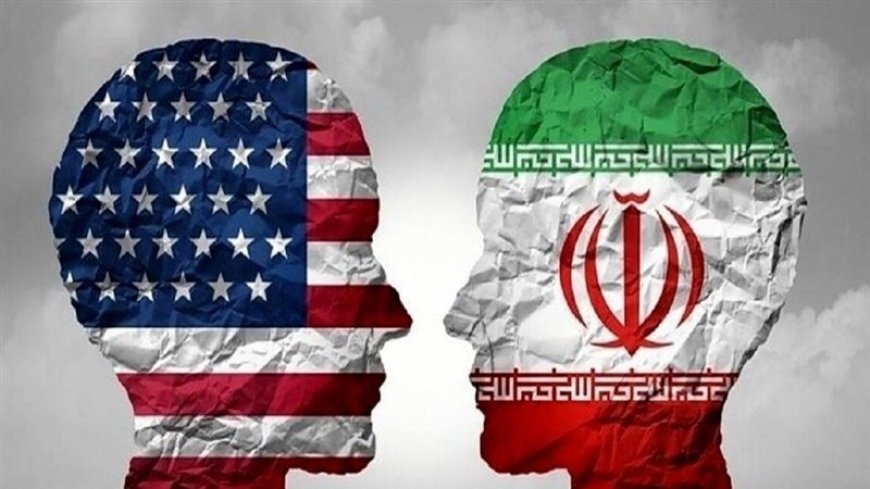Three Major Roadblocks Hindering Iran–US Nuclear Negotiations
From the outset, the indirect nuclear talks between Iran and the United States have faced skepticism and concerns over potential disruptions. These concerns stem not only from America’s history of reneging on its commitments but also from powerful political and strategic forces actively working to prevent Iran from reaching a favorable agreement.

The latest round of indirect negotiations over Iran’s nuclear program began on April 12, followed by additional rounds on April 19 and April 26. A fourth session was scheduled for Saturday, May 3, 2025, but Omani Foreign Minister Badr bin Hamad Al Busaidi announced that the meeting has been postponed due to logistical reasons. A prior round, set to take place in Rome, was also delayed.
Tensions escalated further when the United States, despite expressing willingness to return to the Joint Comprehensive Plan of Action (JCPOA), imposed new sanctions on seven Iranian entities involved in the oil and petrochemical industries. This contradictory behavior has deepened doubts about the U.S.'s goodwill in the negotiation process.
According to Iranian observers, three major forces are currently obstructing the talks:
1. Internal U.S. Political Rivalry: An unexpected coalition of some Democrats and hardliners from the Trump era—such as Mike Pompeo and John Bolton—are reportedly attempting to block any diplomatic breakthrough, fearing it could benefit a rival administration.
2. European Interference: Some European nations, especially France, appear to feel sidelined in the negotiation process. In response, they have made harsh and provocative statements—such as claims that "Iran is nearing nuclear weapons capability"—which have further complicated the diplomatic atmosphere.
3. Zionist Influence and Media Campaigns: The Israeli regime, backed by its vast media network and pro-monarchist voices like Iran International, continues to fuel a hostile environment against the talks, aiming to derail any potential agreement.
In light of these challenges, Iran’s Supreme Leader has emphasized a strategy of cautious engagement—urging negotiators to uphold core principles, avoid naïve optimism toward the opposing side, and place greater trust in national capabilities.













































